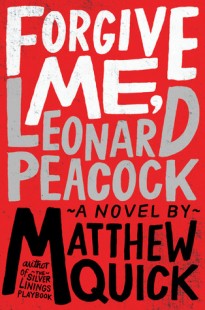 Forgive Me, Leonard Peacock by Matthew Quick
Forgive Me, Leonard Peacock by Matthew Quick Purchase on: Amazon, iBooks
Add to: Goodreads
Synopsis:
Today is Leonard Peacock’s birthday. It is also the day he hides a gun in his backpack. Because today is the day he will kill his former best friend, and then himself, with his grandfather’s P-38 pistol.
But first he must say good-bye to the four people who matter most to him: his Humphrey Bogart-obsessed next-door neighbor, Walt; his classmate, Baback, a violin virtuoso; Lauren, the Christian homeschooler he has a crush on; and Herr Silverman, who teaches the high school’s class on the Holocaust. Speaking to each in turn, Leonard slowly reveals his secrets as the hours tick by and the moment of truth approaches.
In this riveting look at a day in the life of a disturbed teenage boy, acclaimed author Matthew Quick unflinchingly examines the impossible choices that must be made—and the light in us all that never goes out.

When the low, heavy sky weighs like a lid
On the groaning spirit, victim of long ennui,
And from the all-encircling horizon
Spreads over us a day gloomier than the night;
When the earth is changed into a humid dungeon,
In which Hope like a bat
Goes beating the walls with her timid wings
And knocking her head against the rotten ceiling;
– Charles Baudelaire, Spleen
Damn you, Leonard Peacock : you made me remember of who used to be one of my favorite poet when I was a teenager. Ha, Baudelaire with his genius misanthropy, his (often) poor opinion of women and his endless melancholy, always full of irony and cynicism… I would have hated him if I didn’t love him so much. Truth is, being close to Leonard felt like that : all hate and contempt and understanding and despair.
Leonard is no conventional hero, and I can see how his unlikeable traits could create great hate in the readers’ heart. Not me, though. How much he made me want to hate him, I never did.
When the rain stretching out its endless train
Imitates the bars of a vast prison
And a silent horde of loathsome spiders
Comes to spin their webs in the depths of our brains,
All at once the bells leap with rage
And hurl a frightful roar at heaven,
Even as wandering spirits with no country
Burst into a stubborn, whimpering cry.
– Charles Baudelaire, Spleen

Let’s not shy away from the truth : he is a sexist, conceited human being. But see, this is where I have to explain what I hate in books. I hate when sexism is normalized, accepted, encouraged, even. I hate it with passion. Does that mean that every book has to be rid of characters who think like that? No, I don’t think so. There is a definite difference between (1) condoning a behavior by giving readers the impression that sexism is normal, and (2) picturing a fucked up character and how he sees life through his prism. It is definitely different, and here lies the talent of an author : for me, a writer in the first situation lets his story tainted by offensive stereotypes, let it drown. A writer in the second position owns it. He controls it. Frankly? It’s obvious that what Leonard thinks is often offensive. I mean – GAH. The guy wants to kill someone and himself for fuck sake! Of course his head isn’t the better place to be! I sure didn’t expect anything else : despair and hate are more often than not intertwined, unfortunately.
— And without drums or music, long hearses
Pass by slowly in my soul; Hope, vanquished,
Weeps, and atrocious, despotic Anguish
On my bowed skull plants her black flag.
– Charles Baudelaire, Spleen
Yet I can’t deny that the hate – so much hate – gets hard to stomach at times, especially because it is tainted by so much arrogance. Yet I can’t completely dismiss his feelings. Yes, he is judgmental, he assumes many things about his classmates and all the adults in his life. All the time. It gets uncomfortable sometimes and I won’t deny it. Yet it seemed real to me, because yes, there are kids like him everywhere. Yes, the moral questions he wonders about constantly are valuable. Are we all monsters? Are we delusional?
I have more memories than if I’d lived a thousand years.
The desire to end all things
A heavy chest of drawers cluttered with balance-sheets,
Processes, love-letters, verses, ballads,
And heavy locks of hair enveloped in receipts,
Hides fewer secrets than my gloomy brain.
It is a pyramid, a vast burial vault
Which contains more corpses than potter’s field.
— I am a cemetery abhorred by the moon,
In which long worms crawl like remorse
And constantly harass my dearest dead.
I am an old boudoir full of withered roses,
Where lies a whole litter of old-fashioned dresses,
Where the plaintive pastels and the pale Bouchers,
Alone, breathe in the fragrance from an opened phial.
– Charles Baudelaire, Spleen

But don’t get fooled by his conceited mind. Leonard suffers, and at no moment can you dismiss his despair because of his behavior. I couldn’t, anyway. Along the way you realize more and more and more that Leonard has problems. Real ones. Devastating ones.
I know how stupid that can seem because DUH look at what he planned! but seeing him mixing half truths, real despair and delusions – it broke me a little. We have a word in French, le désenchantement. It was often used to refer to the post-1830 generation when youngs didn’t know what to do anymore, now that epic careers weren’t possible – no more Napoleon – and that the politic system just looked stuck, between Monarchy, Republic and Empire. One of my favorite book of all times, Stello, explores this melancholy through the life of a poet who tries to find what political system would give him the more freedom. Truth is – there’s none. Freedom is in him, in his poetic quality, in his otherness – Leonard reminded me of him. It’s scary how misunderstanding can lead to violence.
If Leonard wants people around him to be helpless and pathetic, it’s only because he is. He made me laugh, though (what? I do have a soft spot for smartasses^^) The Jesus parts were PRICELESS

That winged voyager, how weak and gauche he is,
So beautiful before, now comic and ugly!
One man worries his beak with a stubby clay pipe;
Another limps, mimics the cripple who once flew!
The poet resembles this prince of cloud and sky
Who frequents the tempest and laughs at the bowman;
When exiled on the earth, the butt of hoots and jeers,
His giant wings prevent him from walking.
– Charles Baudelaire, The Albatros
I can’t deny that some parts made me feel so much. Shivering. Tearing up. Yet it wavered – not my interest, because I was hooked from the beginning – but the emotion. It was so weird to see that I could connect on such a strong level with Leonard and then just – stop. Perhaps it was meant to be. Perhaps I was way too exhausted. Regardless of the reason, it prevented me from completely love Leonard’s story, but didn’t hide to me how important this story is.

Let’s talk about Leonard’s relations with women, okay? They made me furious at times.
A lightning flash… then night! Fleeting beauty
By whose glance I was suddenly reborn,
Will I see you no more before eternity?
Elsewhere, far, far from here! too late! never perhaps!
For I know not where you fled, you know not where I go,
O you whom I would have loved, O you who knew it!
– Charles Baudelaire, To a Passer-by
Sigh. As other reviewers pointed it, Leonard shares a very bad opinion of women in general and doesn’t show any respect most of the time. Plus, he’s a stalker. I hated him for it, but as I said earlier, I’m not supposed to love him. I don’t have to condone his actions and his way of thinking, and at no moment did I feel any pressure to do so. Quick never intend to redeem him, and I’m okay with that.
My poor Muse, alas! what ails you today?
Your hollow eyes are full of nocturnal visions;
I see in turn reflected on your face
Horror and madness, cold and taciturn.
– Charles Baudelaire, The Sick Muse

Truth be told, I’m not sure that this review will help you determine if Forgive Me, Leonard Peacock is for you. What can I say? I’m not even sure it was for me. What you need to know is that it’s by no means a perfect book, with several characters a little too one-dimensional and stereotypical (the mother, for example) and a male lead you’ll perhaps want to strangle sometimes. Yet I don’t regret reading it, and his story will probably haunt me a long time. I’d say that it means something, doesn’t it?
PS. All the poems are from William Aggeler’s translations (1954), but I strongly advise you to read them in French if you can.






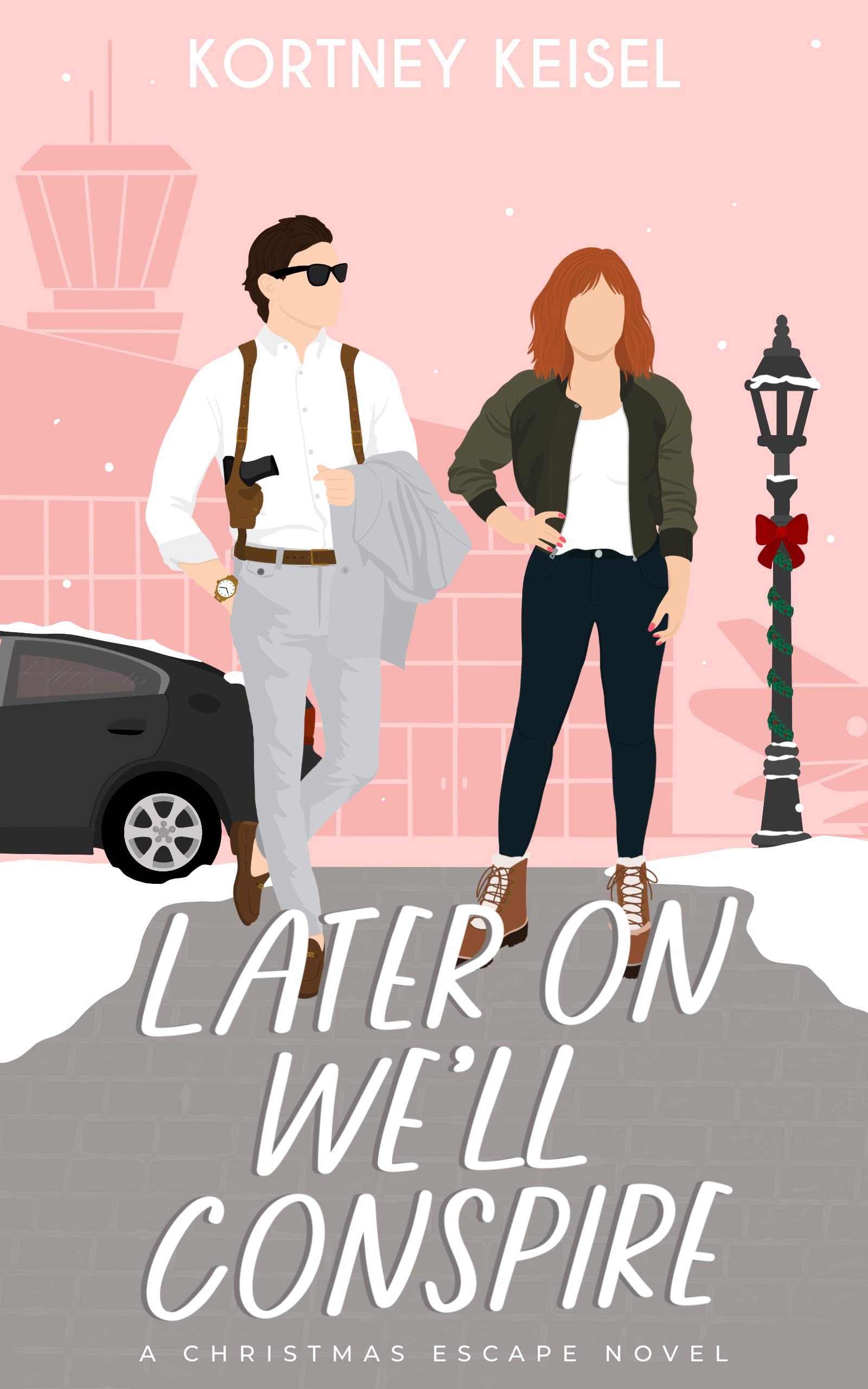
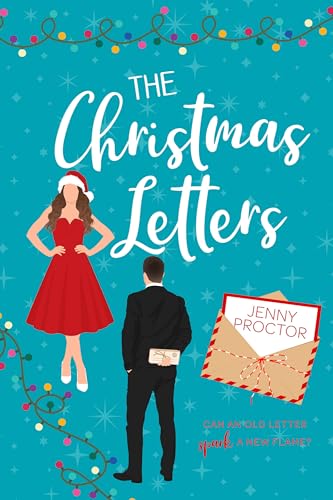
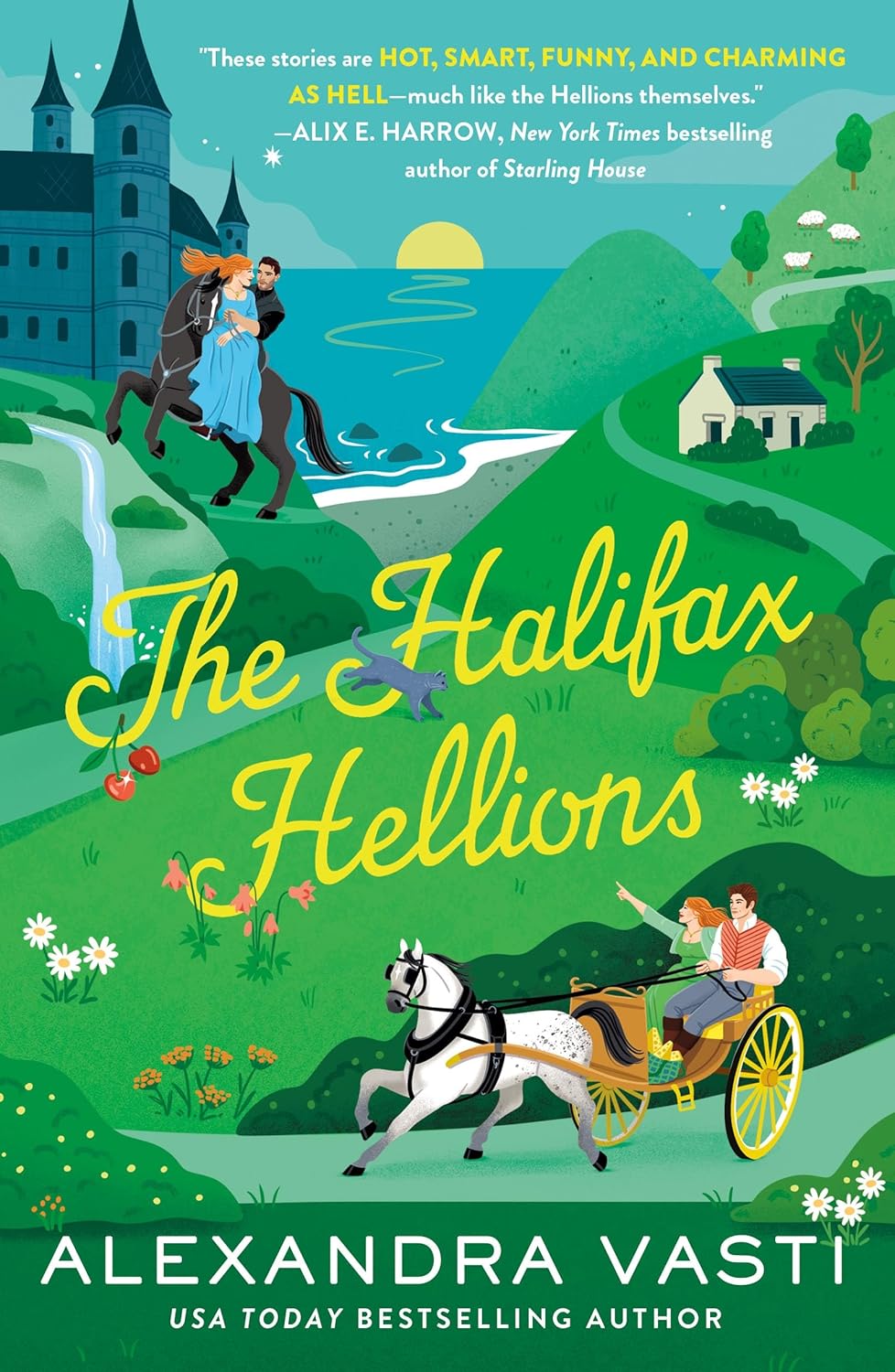

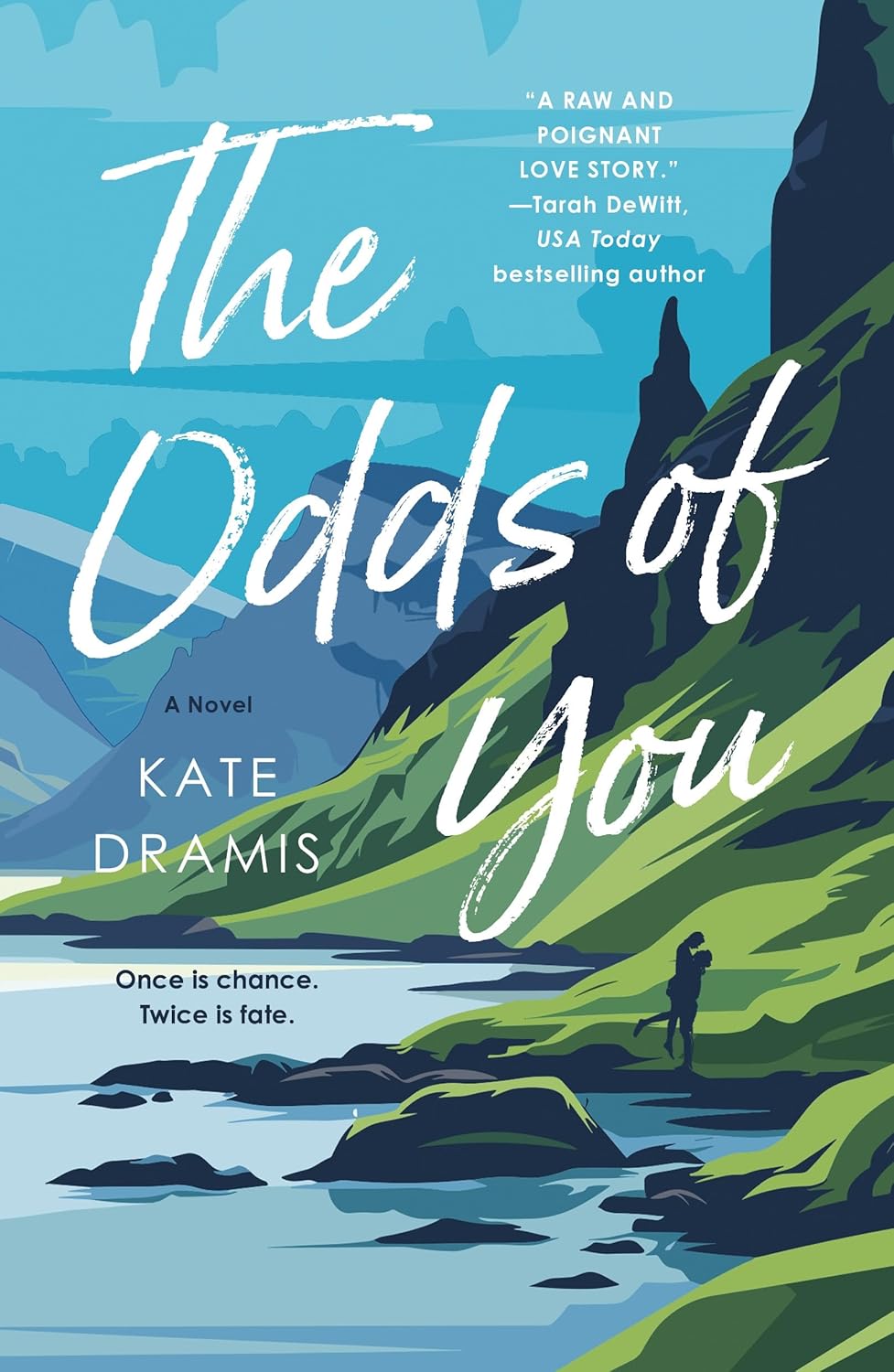
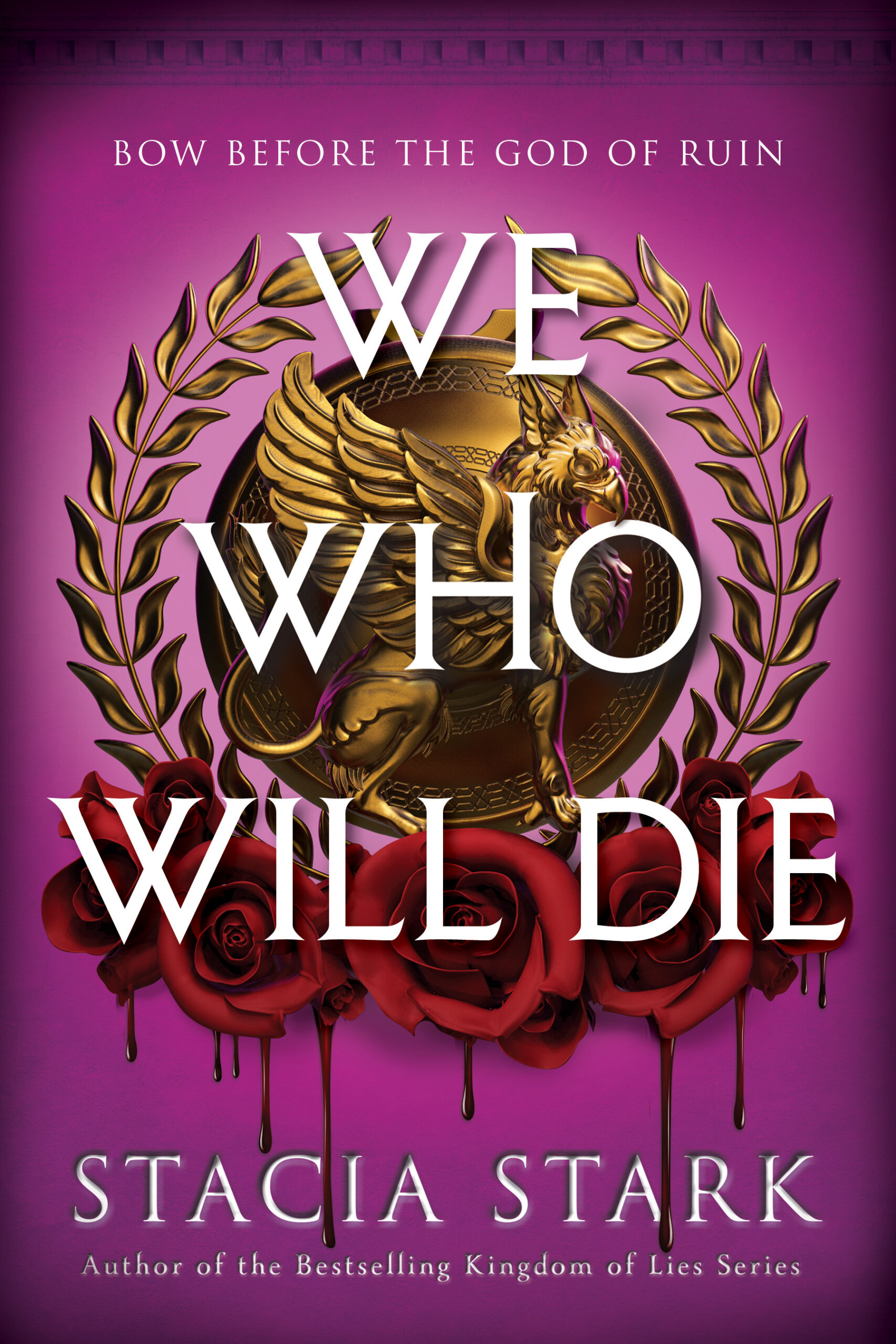
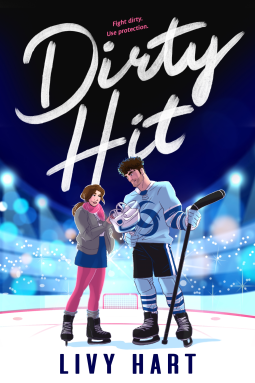
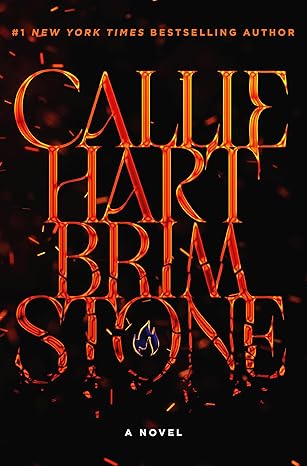


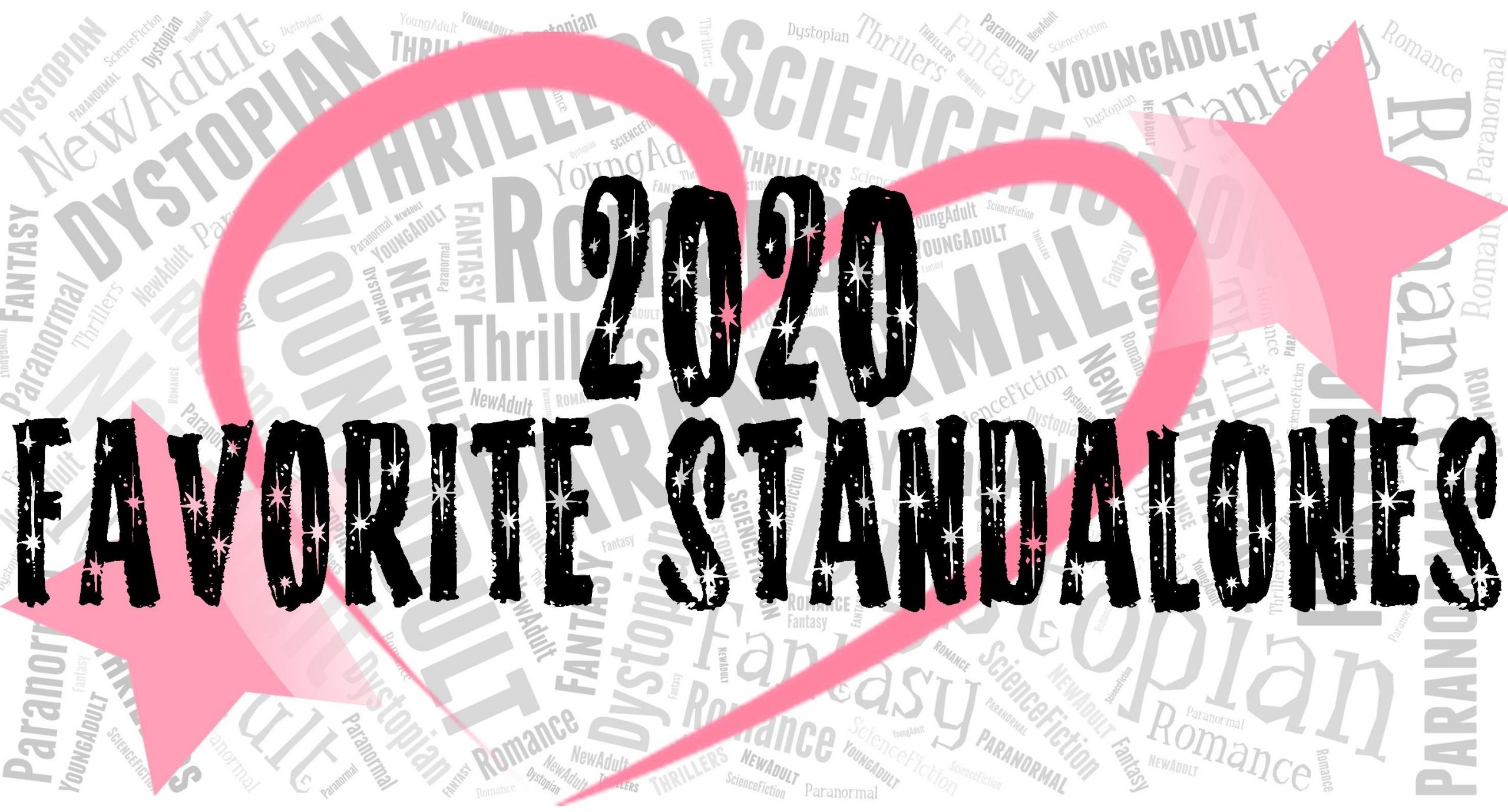
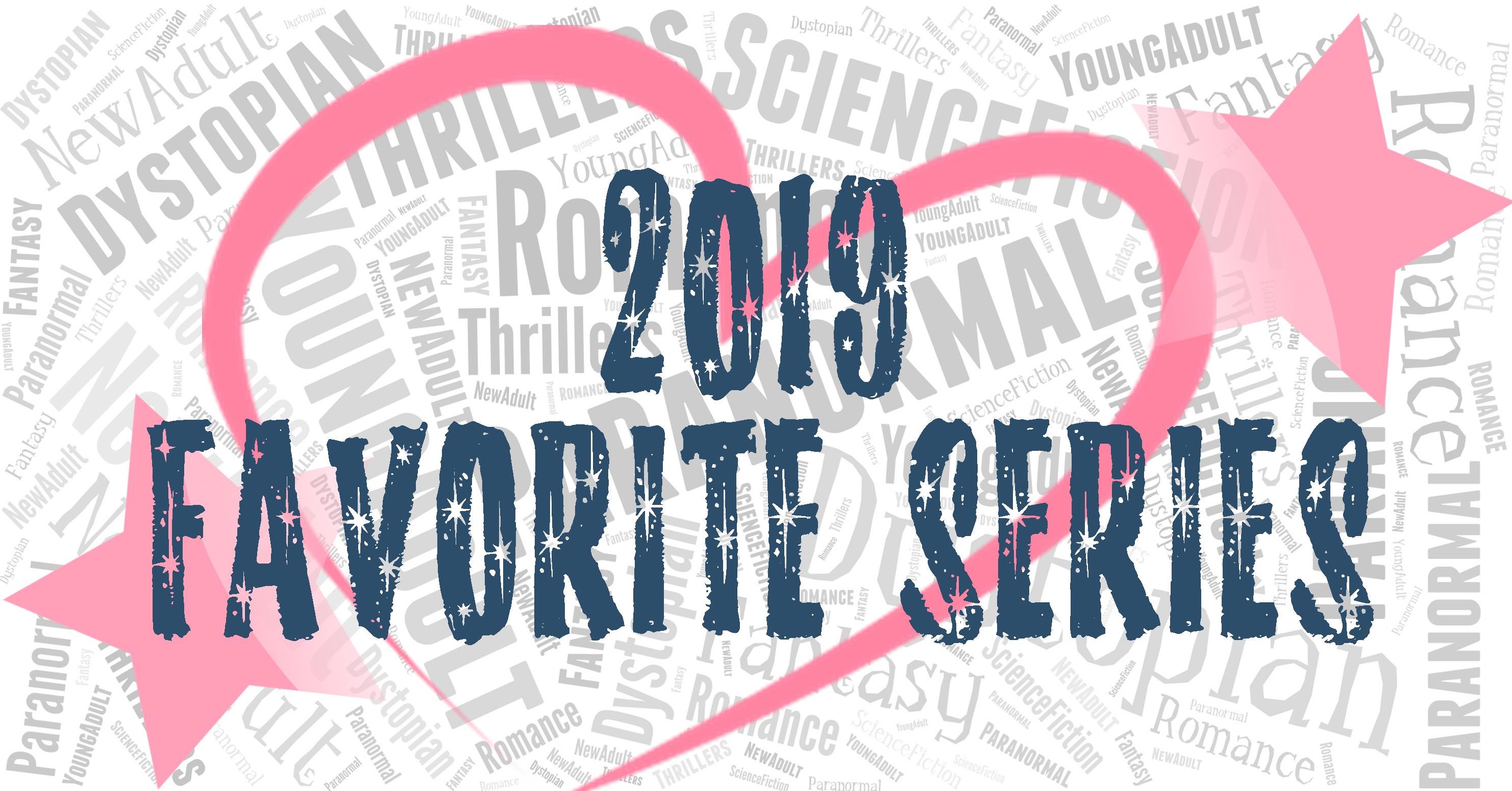

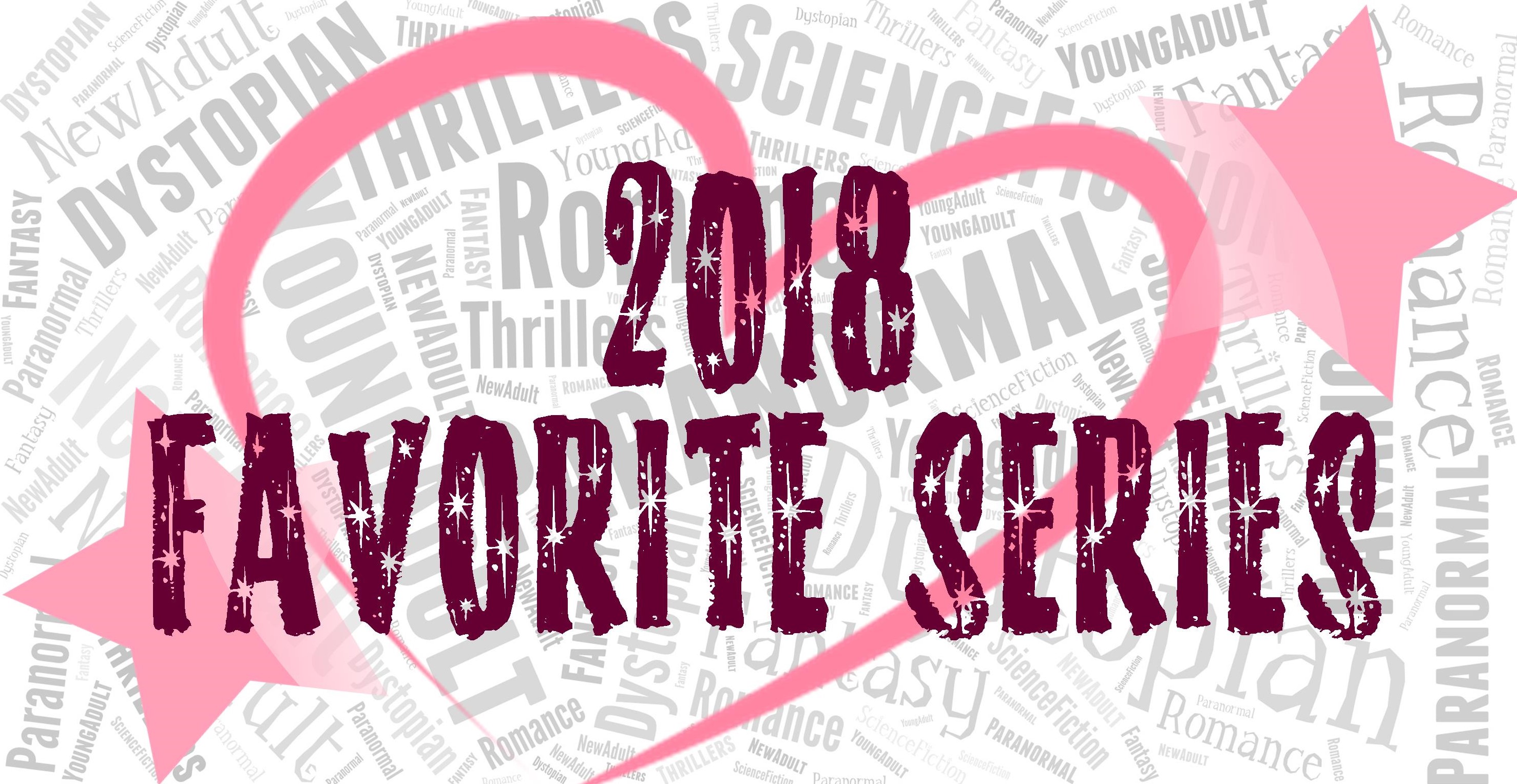










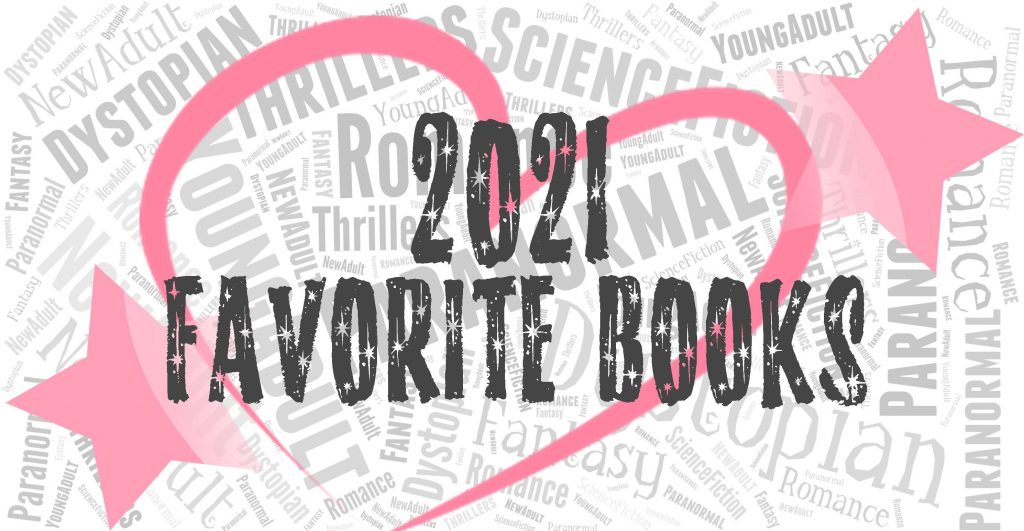


I do sometimes have a hard time with unlikable main characters, but I agree that just because a character acts a certain way doesn’t mean the author is condoning that behavior!
Nicole @ Feed Your Fiction Addiction recently posted…What Type of YA MC Would You Be? Let’s Discuss!
Yeah, I feel the same way. I think that it’s a matter of what we feel when reading 🙂